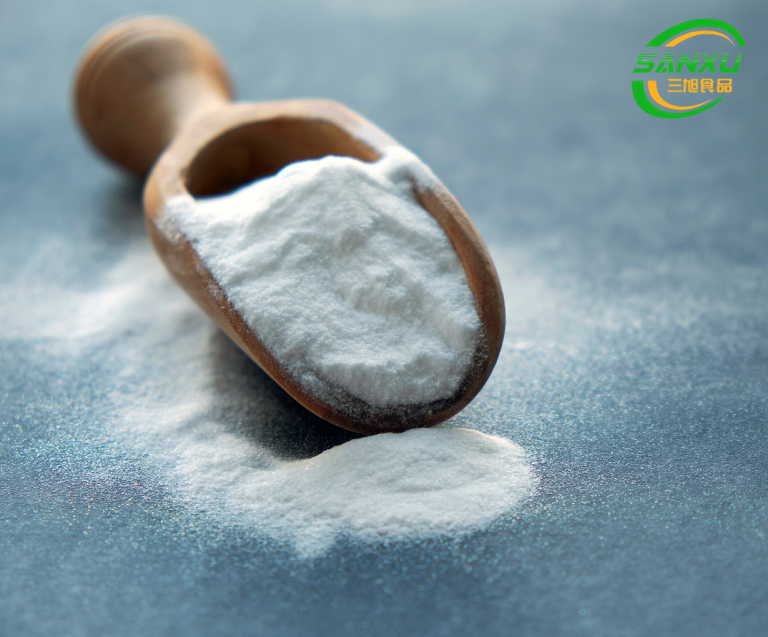Whatsapp:+8613375668511 Email: [email protected]
What is the shelf life of calcium propionate?
Calcium propionate itself, when used as a preservative, does not have a “shelf life” in the sense that it degrades or becomes ineffective over time. It is a stable compound that can be stored for extended periods without significant loss of potency. However, the shelf life of calcium propionate as a product can be influenced by factors such as storage conditions, packaging, and the presence of other stabilizing agents.

When calcium propionate is used in food products to extend their shelf life, the effectiveness of the preservative can be influenced by several factors:
- Concentration: The amount of calcium propionate used in the food product can affect how long the product remains fresh.
- Storage Conditions: Temperature, humidity, and exposure to light can all impact the effectiveness of calcium propionate and the overall shelf life of the food product.
- Food Type: Different foods have different inherent shelf lives, and the effectiveness of calcium propionate can vary depending on the type of food.
- Other Ingredients: The presence of other preservatives or antimicrobial agents can either enhance or diminish the effectiveness of calcium propionate.
- Packaging: The type of packaging used can protect the food from external factors that could reduce the effectiveness of the preservative.
- Proper Usage: Following the recommended usage levels and application methods is crucial for the preservative to be effective.
In general, when used correctly, calcium propionate can significantly extend the shelf life of bread and other baked goods, often by weeks or even months, depending on the specific conditions mentioned above. However, it’s important to note that the “shelf life” of a food product is not just about the preservative; it’s also about the overall quality and safety of the product, which can be influenced by many factors beyond the preservative itself.




